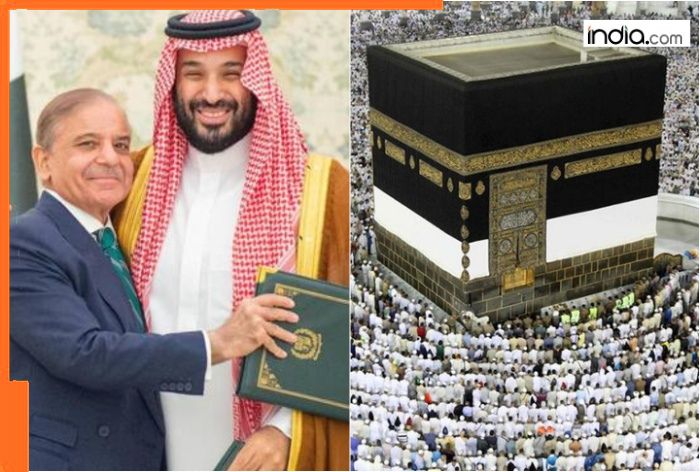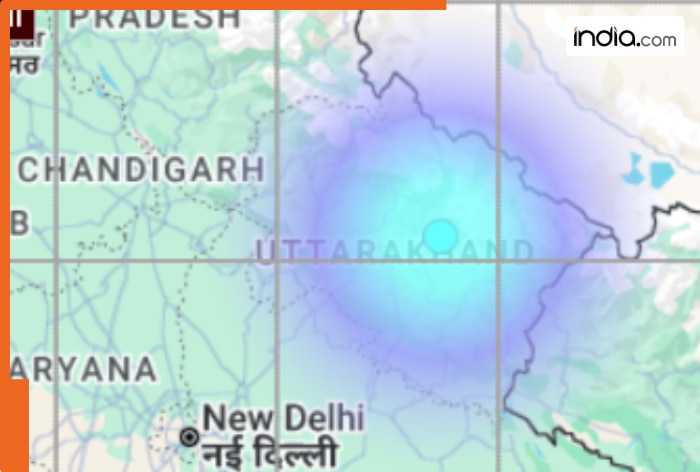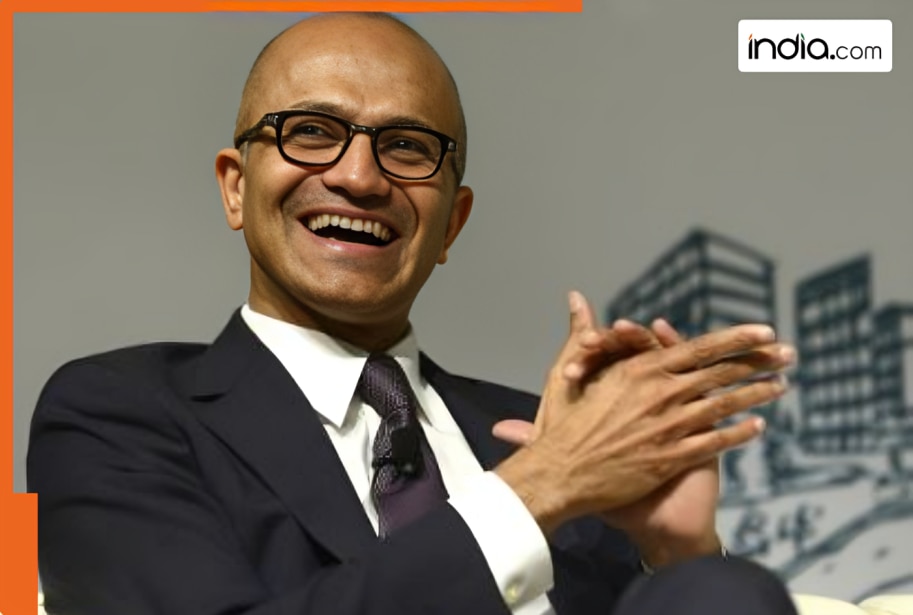Pakistan-Saudi defence pact: When Pakistan Army helped Saudi forces secure besieged Mecca Grand Mosque from armed rebels in…
The Pakistan-Saudi Arabia defence pact mandates that an attack on either country would be considered an attack on both and the enemy in that case would be a mutual foe.

Pakistan Saudi Arabia Defence Pact: Pakistan and Saudi Arabia signed a NATO-style defence pact, under which an attack on either country will be considered an attack on both. The Pakistan-Saudi Arabia defence pact has stunned experts with many wondering how Islamabad persuaded Riyadh to sign such a strategically important agreement.
However, those familiar with the history of Pakistan-Saudi Arabia relations, point to the deep-rooted military ties between the two Muslim nations which date back to the 1970s, including a historic co-op between the Pakistan Army and the Saudi Arabian armed forces to liberate the Mecca Grand Mosque from armed Islamist rebels in 1979.
What happened during the Mecca Grand Mosque siege?
On November 20, 1979, Juhayman al-Otaybi, a Saudi religious dissident, along with 200 other armed followers besieged the Masjid-al Haram or the Grand Mosque in Mecca for two weeks, shaking the Muslim world to its core, and creating global shockwaves as widespread bloodshed took place during the incident.
Al-Otaybi, a religious preacher and a vehement critic of the Saudi royal family, had amassed a considerable following over the years. On the fateful day of November 20, 1979, at the beginning of Muharram, the first month in the Islamic Calendar, Otaybi, along with his followers, stormed the holy mosque, took worshipers hostage, and besieged the premises.
According to reports from the time, around 50,000 people had gathered in the massive Holy Kaaba complex for Fajr (morning) prayers, however, the worshippers had no clue as to what awaited them. Al-Otaybi, and around 200 of his followers, had joined the worshippers, and as the prayers concluded, Juhayman stepped out, pushed the Imam (prayer leader) aside, and ordered people to stay put as his followers opened nearby coffins, revealing a massive cache of weapons they had smuggled inside.
Otaybi and his followers armed themselves and held worshippers at gunpoint, as the 40-year-old controversial religious leader took the microphone, asking the hostages to cooperate, asserting that he and his men were doing this to “save” the Kaaba, and Saudi Arabia from the unrighteous.
Defying the attackers’ diktats, some hostages tried to get away as they attempted to flee the mosque premises, however, the gunmen opened fire and within an hour, succeeded in taking over the entire complex. The rebels then climbed the minarets, barred all the doors, and thus beginning the bloody siege of Mecca’s Grand Mosque which lasted for nearly two weeks.
How Pakistan Army helped liberate Mecca’s Grand Mosque?
Following the siege, Saudi Arabia’s armed forces launched a major operation as special forces, paratroopers, armored units and Saudi Police cordoned off the area. The Saudi Arabian government sought help from Pakistan and France, who sent their forces to bolster Saudi army’s efforts to neutralise the attackers and end the siege.
On the sixth day of the operation, Saudi security forces, along with the Pakistan Army and French forces, managed to capture the courtyard of the mosque as well as the surrounding building, weakening the attackers’ grip on the premises, and forcing them to hide inside rooms and other small chambers as many of them were gunned down.
The siege finally came to an end on December 4, 1979 after the Saudi Army and other security agencies killed the majority of the attackers and captured the rest, including the leader, Juhayman al-Otaybi.
What is the Pakistan-Saudi Arabia defence pact?
According to media reports, Saudi Arabia’s Crown Prince Mohammed bin Salman and Pakistan’s Prime Minister Shehbaz Sharif signed ‘Strategic Mutual Defense Agreement’ on Wednesday during the latter’s visit to the oil-rich Kingdom. As per a e Pakistan Foreign Ministry statement, the strategic agreement aims to enhance defense cooperation between the two countries and ensure peace and security in the region.
The NATO-styled agreement mandates that an attack on either Saudi Arabia or Pakistan would be considered an attack on both countries and enemy in that case would be mutual foe.
What's Your Reaction?




















































